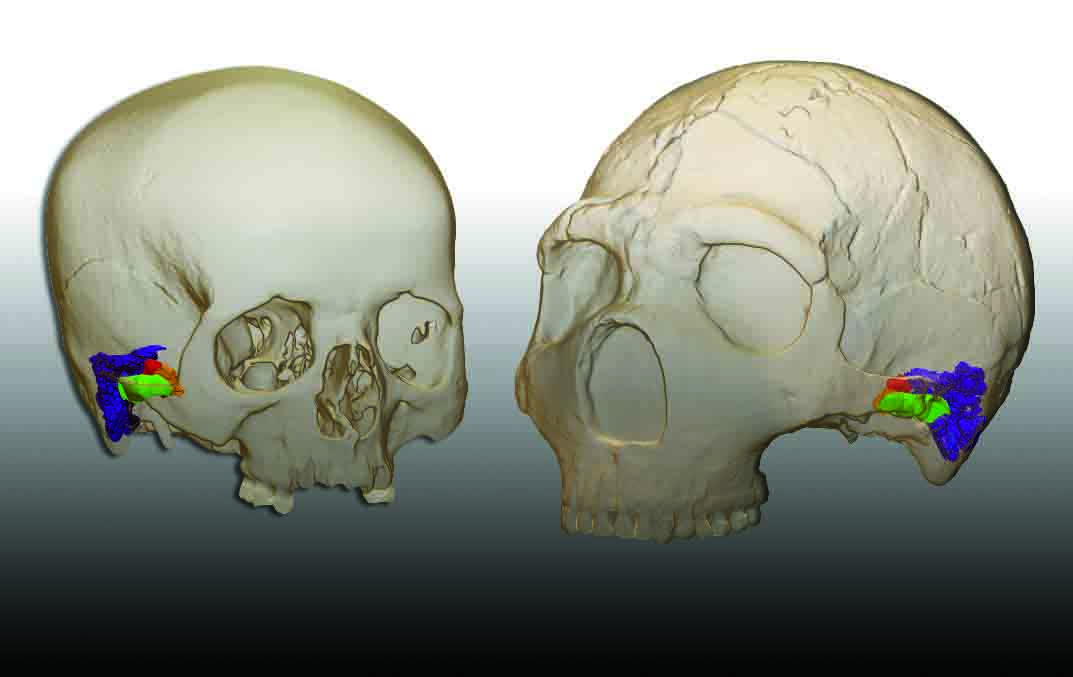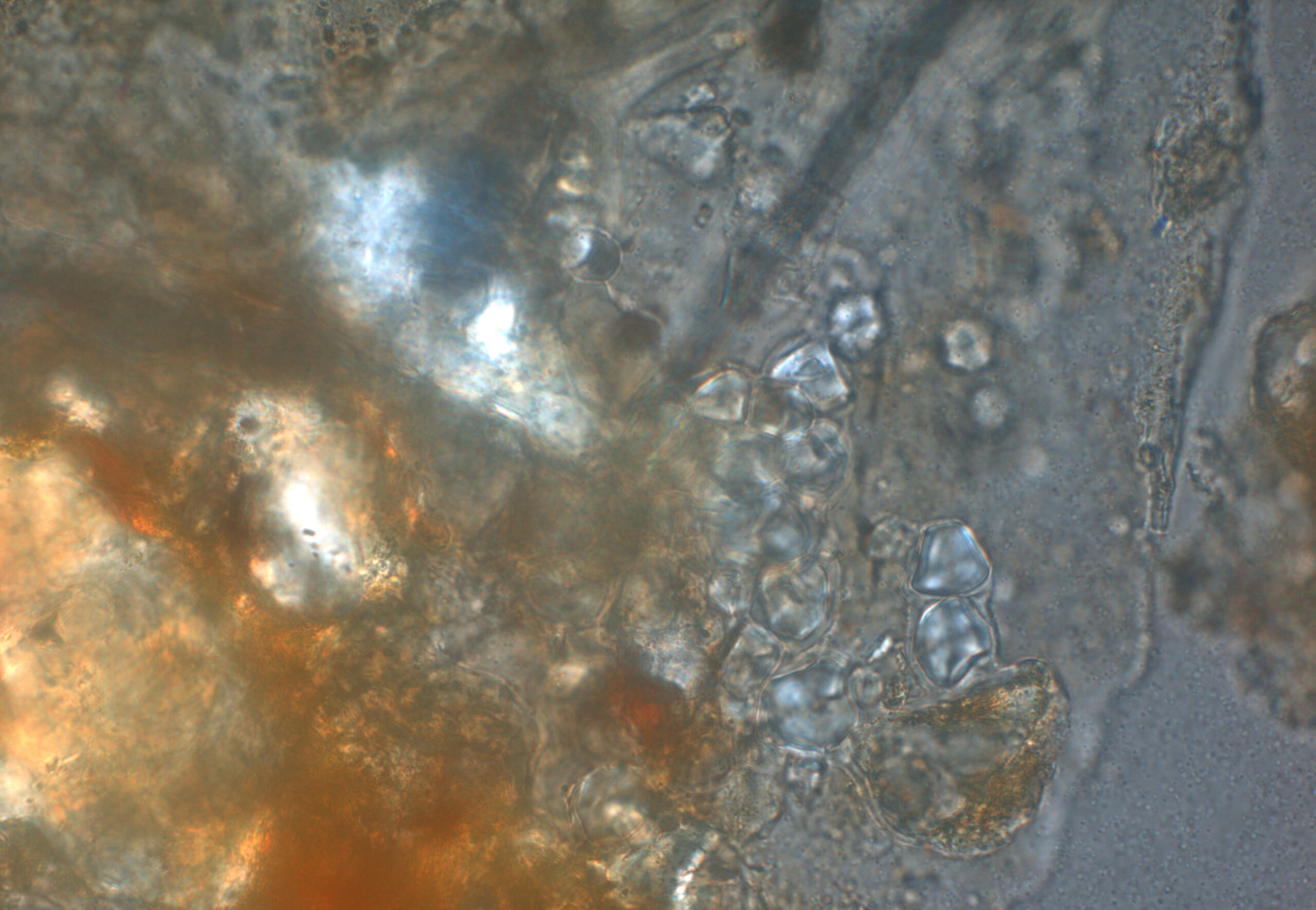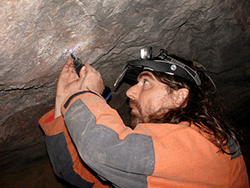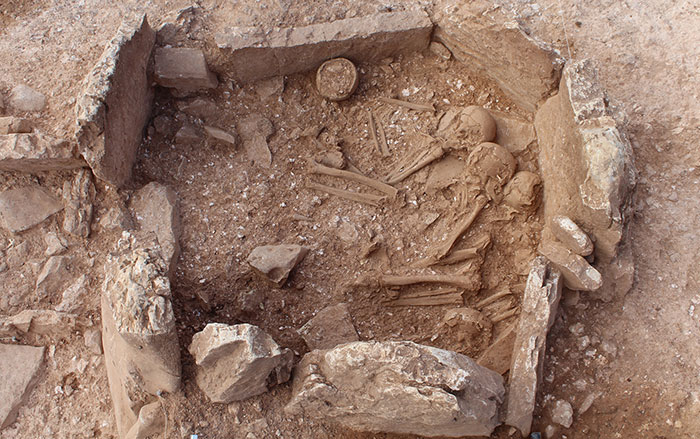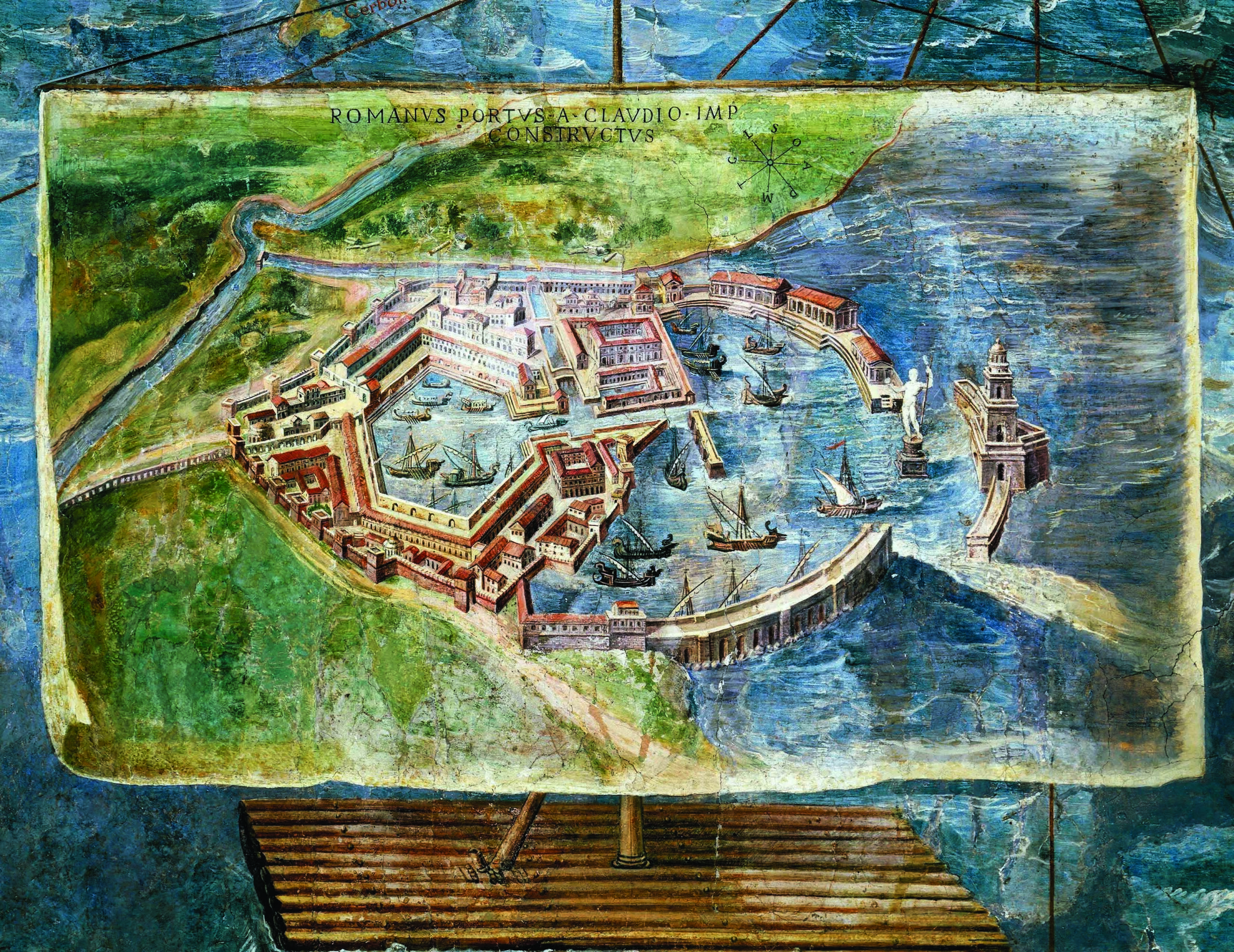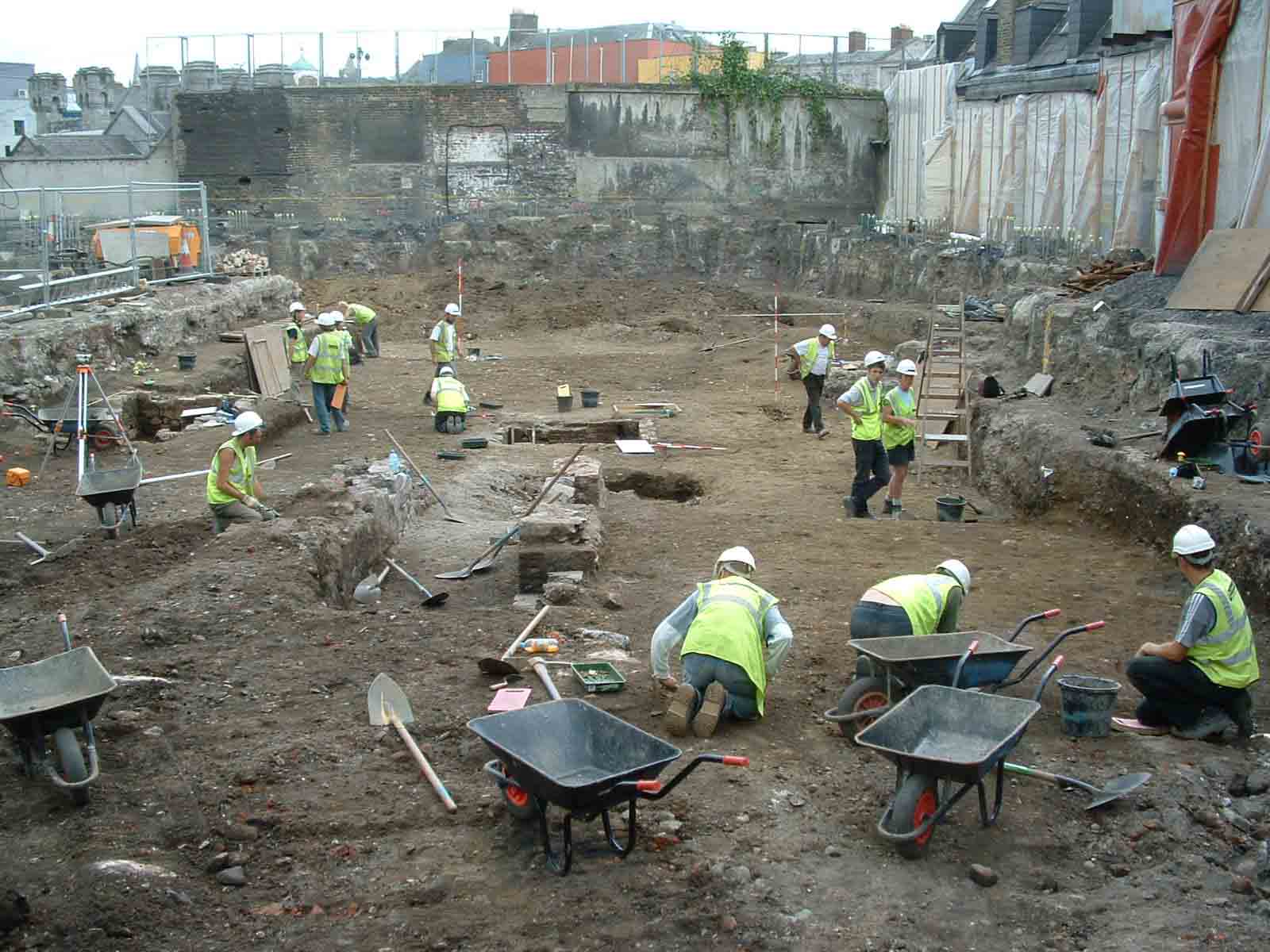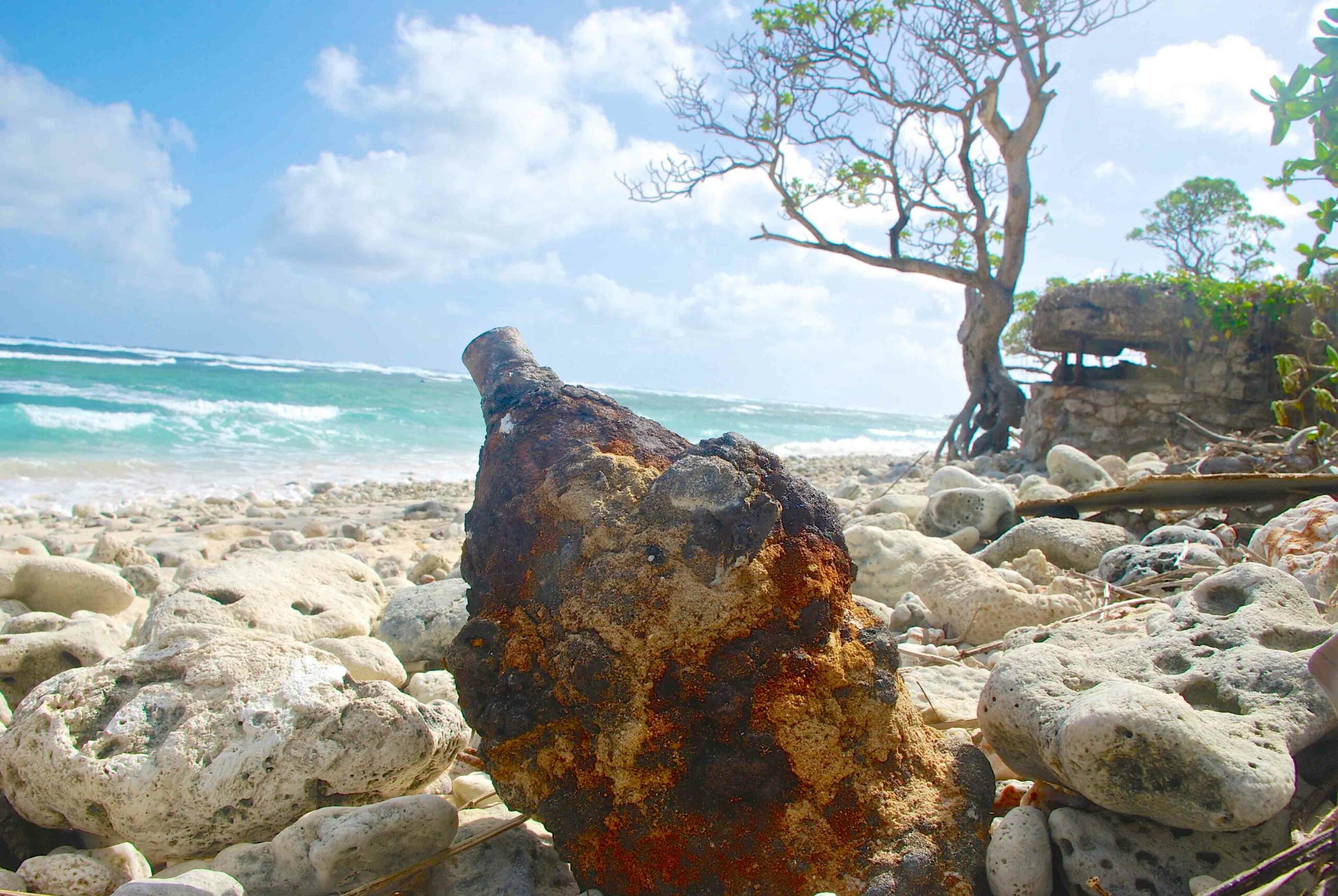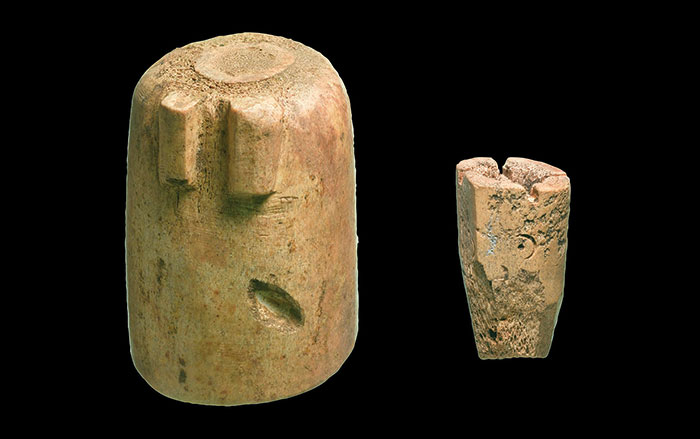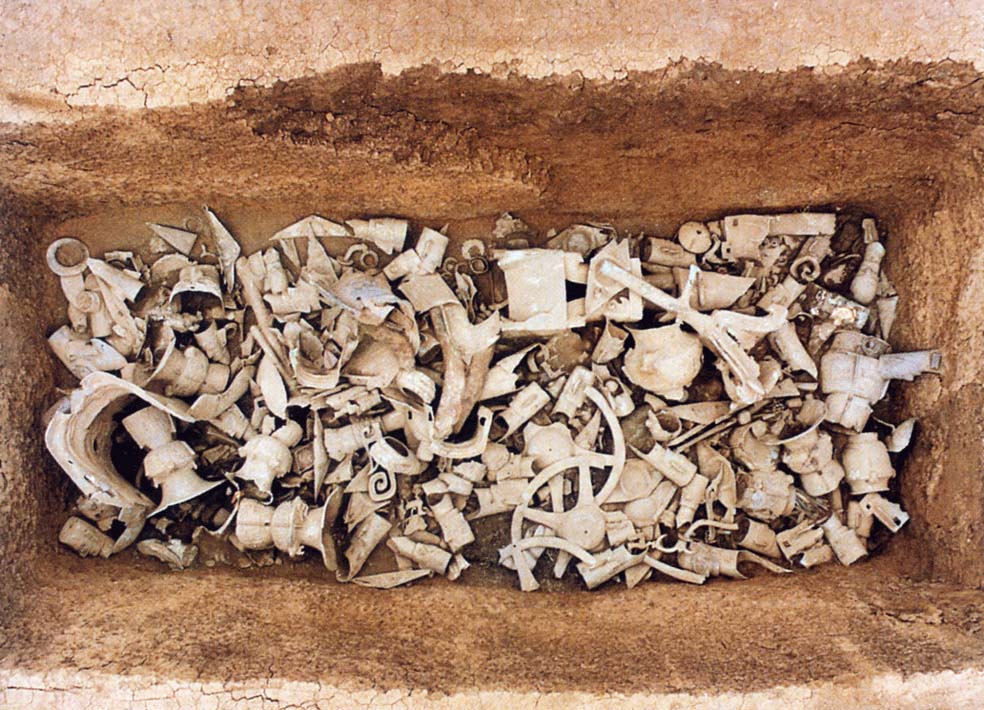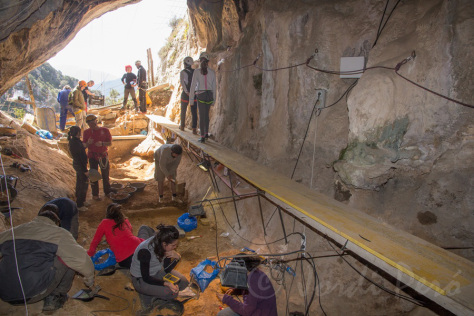
TARRAGONA, SPAIN—A research team lead by scientists from the Institut de Paleoecologia Humana i Evolució Social (IPHES) and the Universitat Rovira I Virgili (URV) has been excavating the Cova de les Llenes, a cave where Neanderthals camped some 200,000 years ago. The project will help scientists understand the relationship between Neanderthals and large carnivores. The camps are found mainly at the entrance to the cave, along with evidence that they hunted wild sheep, deer, aurochs, rhinos, and megaloceros, an extinct giant deer. The excavation has also uncovered Neanderthal tools crafted from stones collected on the banks of the Flamisell River. The evidence suggests that carnivores such as hyenas, leopards, wolves, foxes, and badgers also used the cave, in addition to the cave bears that hibernated there. Large numbers of cave bear remains have been found at the bottom of the cave, along with scratches on the walls and hibernation nests. To read more about our extinct cousins, see "Should We Clone Neanderthals."


